The effectiveness of social media doesn’t need to be proved any longer in China but E-Commerce.
For fashion brands looking to enter or expand in the Chinese market, leveraging e-commerce platforms is crucial due to the immense online shopping culture in the country. Here are the top 10 e-commerce apps in China that are particularly suitable for fashion brands:
- Douyin: The Chinese counterpart to TikTok, Douyin offers tremendous potential for brands to engage with users through creative video content and direct links to e-commerce functionalities.
- Tmall: A subsidiary of Alibaba, Tmall is tailored for more premium brands and official storefronts, offering a reputable space for established fashion brands.
- JD.com: Recognized for its robust logistics network, JD.com is ideal for brands that emphasize quality and authenticity, catering well to luxury and high-end fashion markets.
- Pinduoduo: Known for its group buying model, Pinduoduo can be a strategic choice for fashion brands looking to capitalize on viral marketing and social shopping trends.
- Xiaohongshu (RED): As a lifestyle platform that combines social media and e-commerce, Xiaohongshu is perfect for fashion brands targeting young, style-conscious consumers interested in beauty and personal stories.
- WeChat Stores: Integrated within WeChat, these stores allow for seamless social commerce capabilities right within the app, providing a direct sales channel to a vast user base.
- Vipshop: Specializes in online discounted sales of branded goods and could be a significant platform for fashion brands looking to offer occasional sales or clear inventory.
- Meituan: Originally known for food delivery, Meituan has expanded into a general e-commerce platform that could be useful for niche fashion brands looking to explore new market segments.
- WeChat: While predominantly servicing Chinese markets, wechat model and platform can be utilized by Chinese fashion brands aiming to reach a private audience.
Each of these platforms offers unique features and benefits that can be leveraged depending on the specific strategies and objectives of fashion brands. Utilizing a mix of these platforms can help brands effectively target different demographics and market segments within China.
They are a part of Chinese lifestyle and enormously influence their decision to purchase. The brands well understand it well and don’t hesitate to use them with the aim of promoting and selling their products. In their marketing strategy, they incorporate all these media.
They are more effective and satisfactory methods than a traditional marketing strategy especially in a country as connected as China.
Chinese E-commerce platforms
More than 950 million Eshopper can be found in China. That is the E-commerce boom and now, we can see a lot of companies integrated and the emergence of E-commerce platform. 90% of China market is taken by online market.
Alibaba Tmall… & Taobao
Tmall, owned by Alibaba Group, is a premier e-commerce platform in China that caters to more established brands and offers a marketplace for higher-end products. It is designed to provide a more controlled environment where brands can sell directly to consumers, ensuring authenticity and brand integrity. This platform is particularly advantageous for fashion brands looking to establish or expand their presence in the competitive Chinese market.
GMA feedback: not the best platform for fashion brand, anymore, too competitive and not enough traffic
Here’s a sumup of the pros and cons, as well as cost and commission details for fashion brands considering Tmall:
| Aspect | Details |
|---|---|
| Pros | – Brand Control: Allows brands to maintain control over their storefronts and customer interactions.<br>- Consumer Trust: Associated with authenticity and quality, attracting a premium customer base.<br>- Logistics and Support: Offers robust logistics support and a sophisticated analytics system to help brands optimize their operations. |
| Cons | – High Costs: Setting up a store on Tmall can be expensive, with various fees involved.<br>- Strict Entry Requirements: High standards for entry can be a barrier for smaller or newer brands.<br>- Competition: Highly competitive, with many international and domestic brands vying for consumer attention. |
| Cost | – Setup Fee: Ranges from ¥50,000 to ¥100,000.<br>- Annual Fee: Depends on the product category but can be upwards of ¥60,000.<br>- Deposit: Up to ¥150,000, refundable depending on the contract and brand performance. |
| Commissions | – Sales Commission: Typically around 2-5% of the transaction value, varying by product category. |
Read more
For fashion brands, Tmall offers a high-visibility platform with access to a large, affluent consumer base, but it comes with significant costs and competitive challenges. Brands should weigh these factors carefully to determine if Tmall aligns with their market entry or expansion strategies in China.
JD or Jingdong
Douyin, also known internationally as TikTok, is a leading short-video and social media App in China. It’s increasingly utilized by fashion brands to engage with a young, trend-focused audience through creative and interactive content.
At GMA we love Douyin’s e-commerce capabilities, that enable direct sales within the app, making it a potent tool for fashion marketing and sales.
Here’s a breakdown of the pros and cons, as well as cost and commission details for fashion brands considering Douyin:
| Aspect | Details |
|---|---|
| Pros | – High Engagement: Videos can go viral quickly, offering massive exposure.
– Targeted Audience: Primarily attracts younger consumers who are highly influenced by trends. – Integrated E-commerce: Allows for in-video purchases, making it easy for viewers to buy products directly. |
| Cons | – Content-Driven: Success heavily depends on the ability to create engaging and creative content consistently.
– Short Attention Spans: The fast-paced nature means that content must immediately capture interest. – Complex Algorithm: Visibility can be unpredictable due to the platform’s complex content distribution algorithms. |
| Cost | – Campaign Costs: Varies widely depending on the campaign scale and influencer involvement. Typical campaigns can start from a few thousand to several hundred thousand yuan.
– No Setup Fee: Unlike traditional e-commerce platforms, there’s no standard setup fee for launching a store, but marketing costs can be significant. |
| Commissions | – Transaction Fees: Douyin charges a commission for each transaction, 3% which can vary but generally includes a percentage of the sale plus a processing fee. |
Douyin offers a Good dynamic for New brands in China, because visually it is the Top engaging app for fashion brands that are adept at creating captivating video content and looking to reach a youthful, style-conscious demographic. However, brands need to invest in continuous content creation and adapt to the fast-changing trends and preferences of the platform’s users.
DISCOUNTS
Chinese consumers love sales promotions including free shipping, discount or flash sales. So the brands must concentrate above all on this matter. Tmall from Alibaba Group, is very famous for the different events that it organizes to promote and help products brands to be popular. You can also put some advertisement on the e-commerce platforms home page.
Sometime e-commerce platforms are known to be specialized in special offers like VIP.COM. This fashion e-commerce platform has authentic brands witch grant discount and limited sales time of product with high quality. Since starting its activity the number of registered users has kept increasing. Many brands work with them to sells their products on VIP.COM.
Mogujie, a Chinese fashion e-commerce platform with approximatively 6.3 million Chinese consumers creates a special relationship with its Chinese consumers. Indeed, Mogujie besides selling fashion product, give a lots of fashion advices to help them find the good product and also to influence their purchase decisions. Puma trust in this new e-commerce and has decided to work with Tmall, one of Chinese’s e-commerce platform to promote and sell his product. They put on the TMall some of their fashion product and write a good description of them. Chinese consumers can see the product on their usual and preferred online shopping store. Now Puma is very well-known and has many Chinese buyers.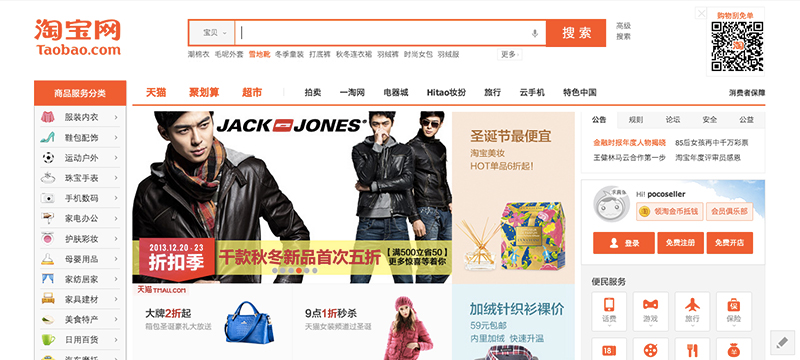
This promotion is very important for brands because they can increase their sales and improve their brand awareness. On those well-established e-commerce platforms, Fashion brands get the support of the platforms impliying that they are backed up by the platforms. Such an action is most of the time what is needed to tip the edge in favour of the Fashion brand over another, which doesn’t have an e-shop.
Conclusion
With everything going digital in China, e-commerce platforms are not only a mean to have a direct access to Chinese consumers but a promotion platform as well. Brand awareness and brand image can both be improved through their proper use.
Tmall Partner, Douyin official DP, Ecommerce Agency in China
Gentlemen Marketing Agency (GMA) is a digital marketing agency based in China that specializes in helping foreign brands establish and expand their presence in the Chinese market. GMA focuses on a range of sectors including fashion, beauty, luxury, and lifestyle, leveraging digital strategies tailored to the unique aspects of Chinese consumer behavior and digital ecosystems.
Here’s an overview of the opportunities and strengths of GMA, along with some notable case studies in the fashion industry:
| Aspect | Details |
|---|---|
| Opportunities with GMA | – Market Entry Strategy: GMA helps fashion brands enter the Chinese market with comprehensive market research and tailored marketing strategies.
– Digital Transformation: Offers expertise in digitalizing brand operations to fit China’s tech-savvy market, including social media, e-commerce, and mobile marketing – Consumer Insights: Provides deep insights into Chinese consumer behavior, preferences, and trends, enabling brands to make informed decisions – Partnership Development: Assists in developing partnerships with local influencers, KOLs, and platforms to enhance brand visibility and credibility. |
| Strong Points of GMA | – Localized Marketing: Expertise in adapting international brands to the local Chinese culture and consumer expectations.
– Comprehensive Digital Services: Offers a wide range of digital marketing services including SEO, social media marketing, content creation, and e-commerce management. – Experienced Team: Comprised of professionals who are well-versed in both the Chinese and international markets, providing a bridge for foreign brands looking to navigate the complex Chinese market. |
| Case Studies in Fashion | – Fashion Brand Launch: Successfully launched a European luxury fashion brand in China by implementing a multi-channel strategy that included WeChat marketing, KOL collaborations, and targeted ads.
– Brand Revitalization: Helped a well-known but declining fashion brand to reposition in the Chinese market, resulting in increased brand recognition and sales through strategic online campaigns and celebrity endorsements. – E-Commerce Boost: Assisted a fashion retailer in enhancing their online sales on platforms like Tmall and JD.com by optimizing their online storefront and implementing data-driven marketing campaigns to drive traffic and conversions. |
GMA’s ability to blend international marketing tactics with local expertise makes it a valuable partner for fashion brands aiming to succeed in China’s competitive market.

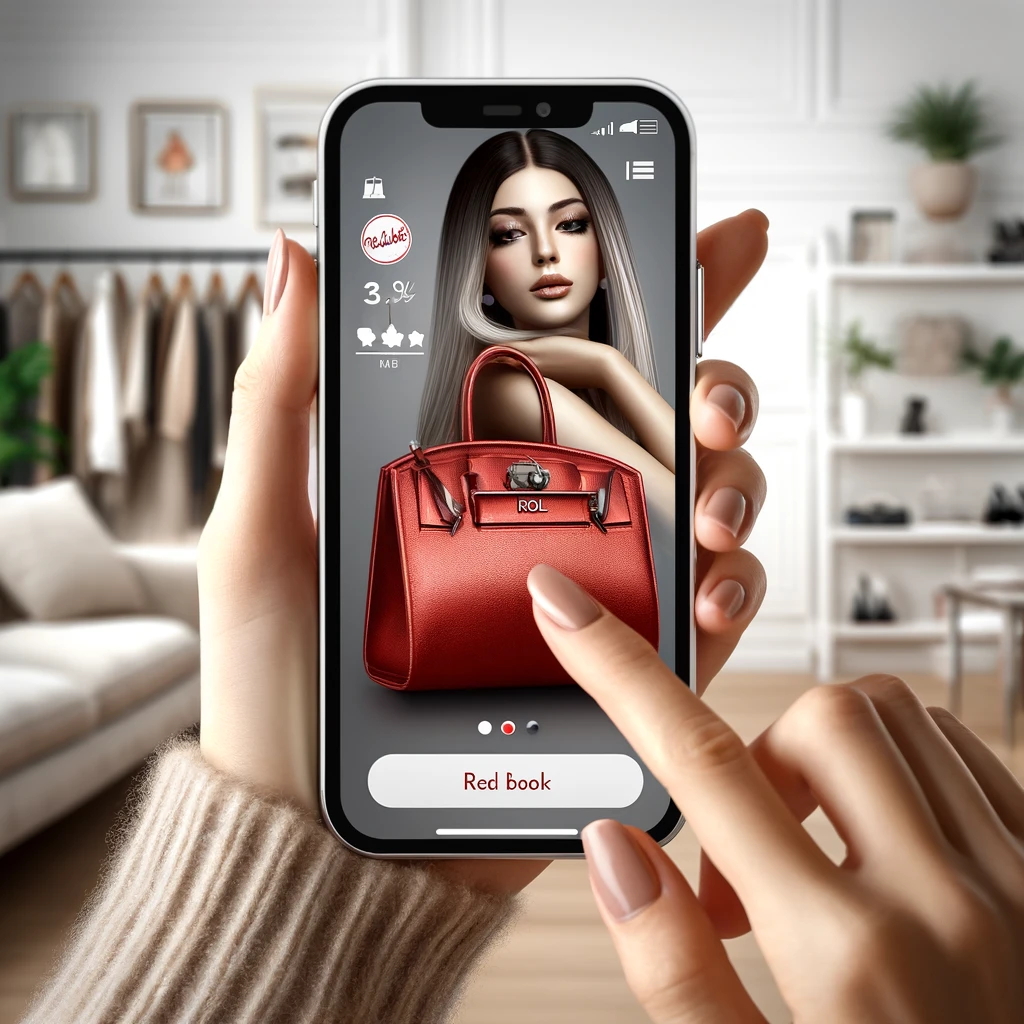

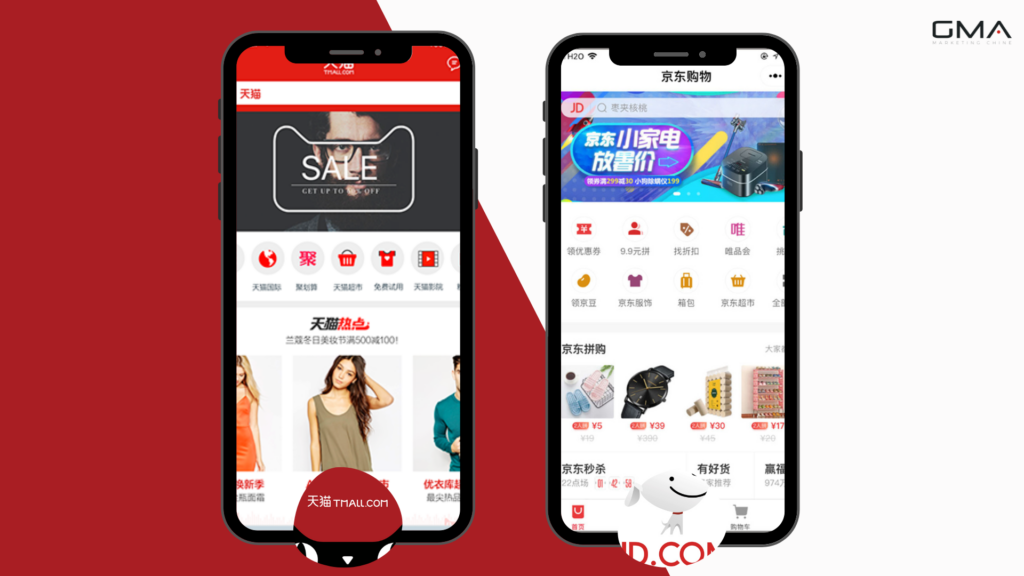
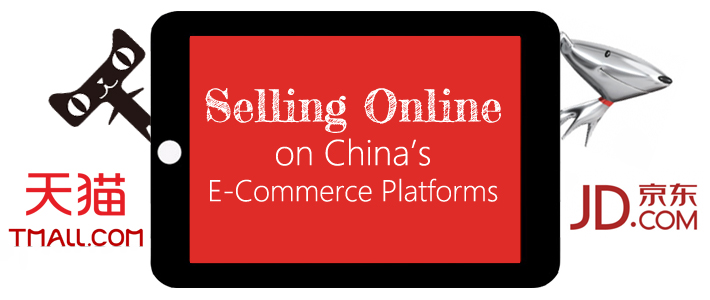

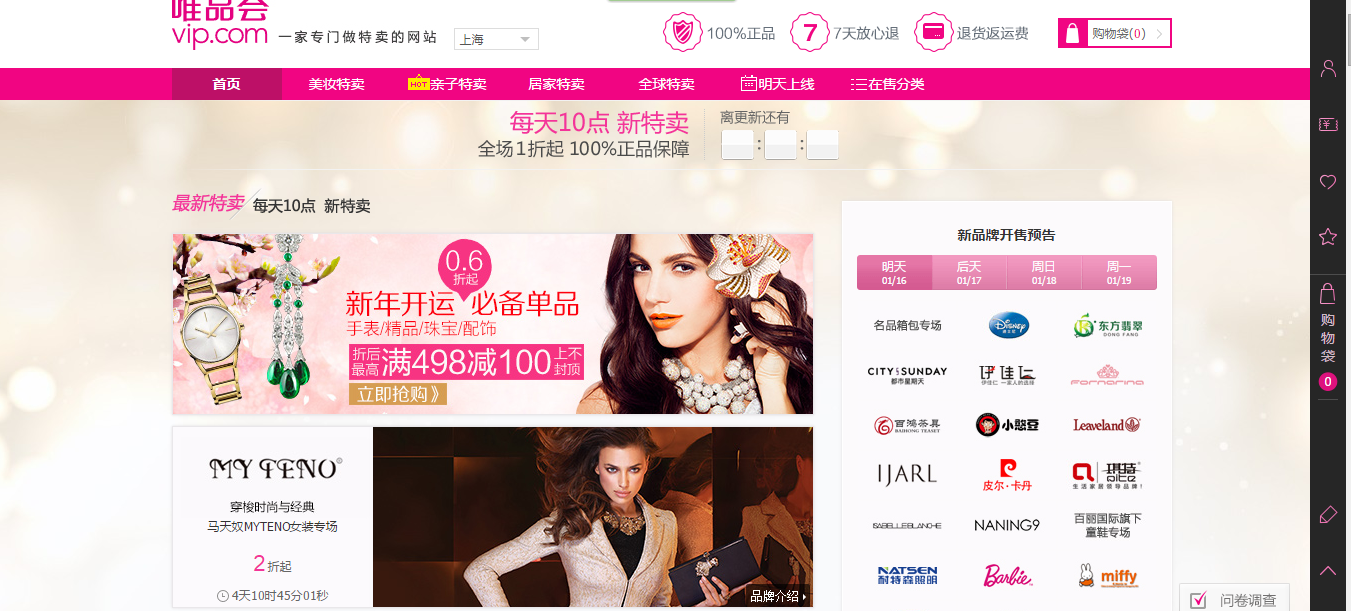
1 comment
Reginald Hook
Hello! I didn’t know that luxury brands could go on such popular and wide platforms such as Taobao or JD.com, thank you! I heard that there are specialized platform now, would you rather recommend targeting one specialized platform or going on all popular e-commerce platforms?